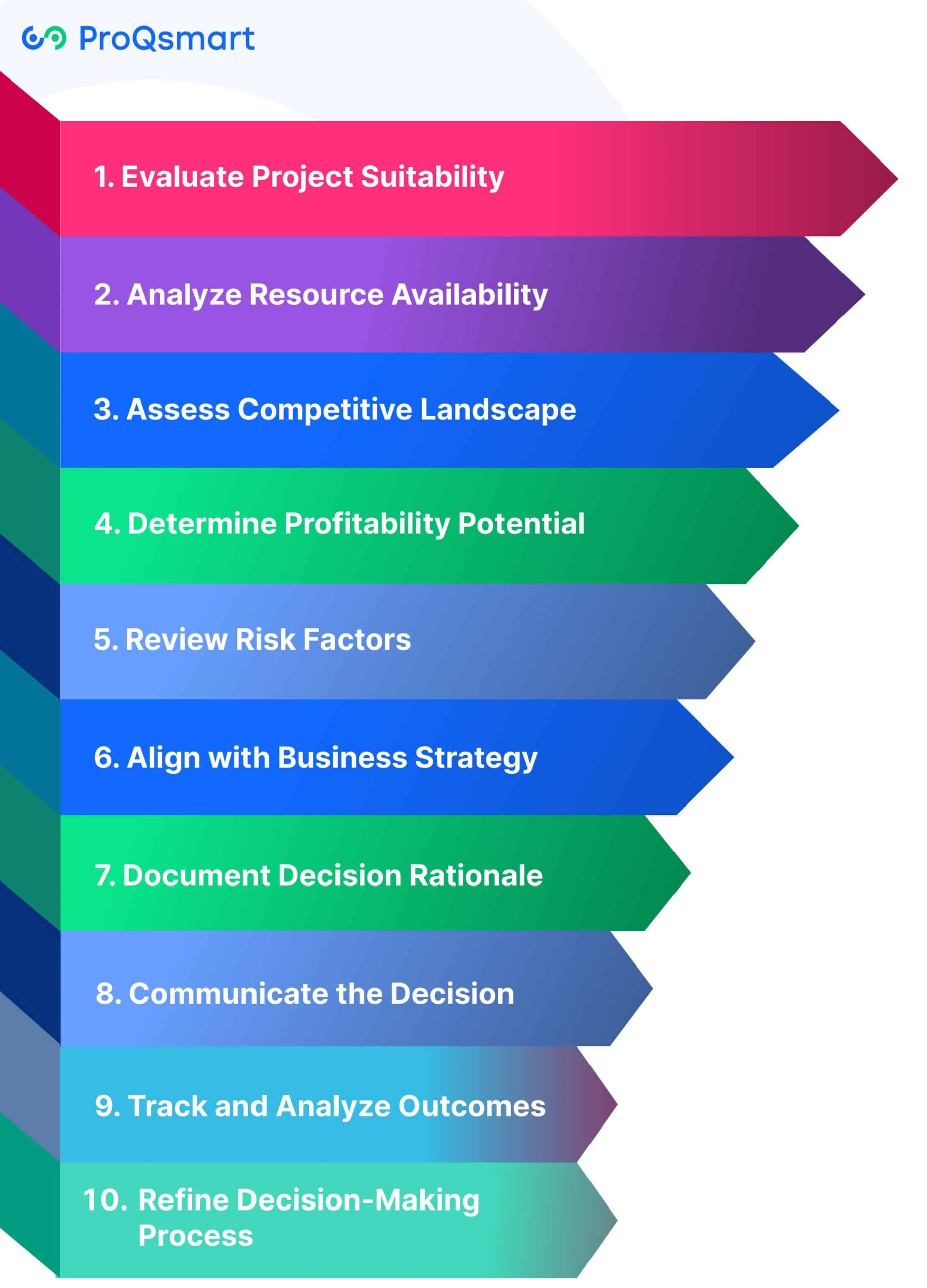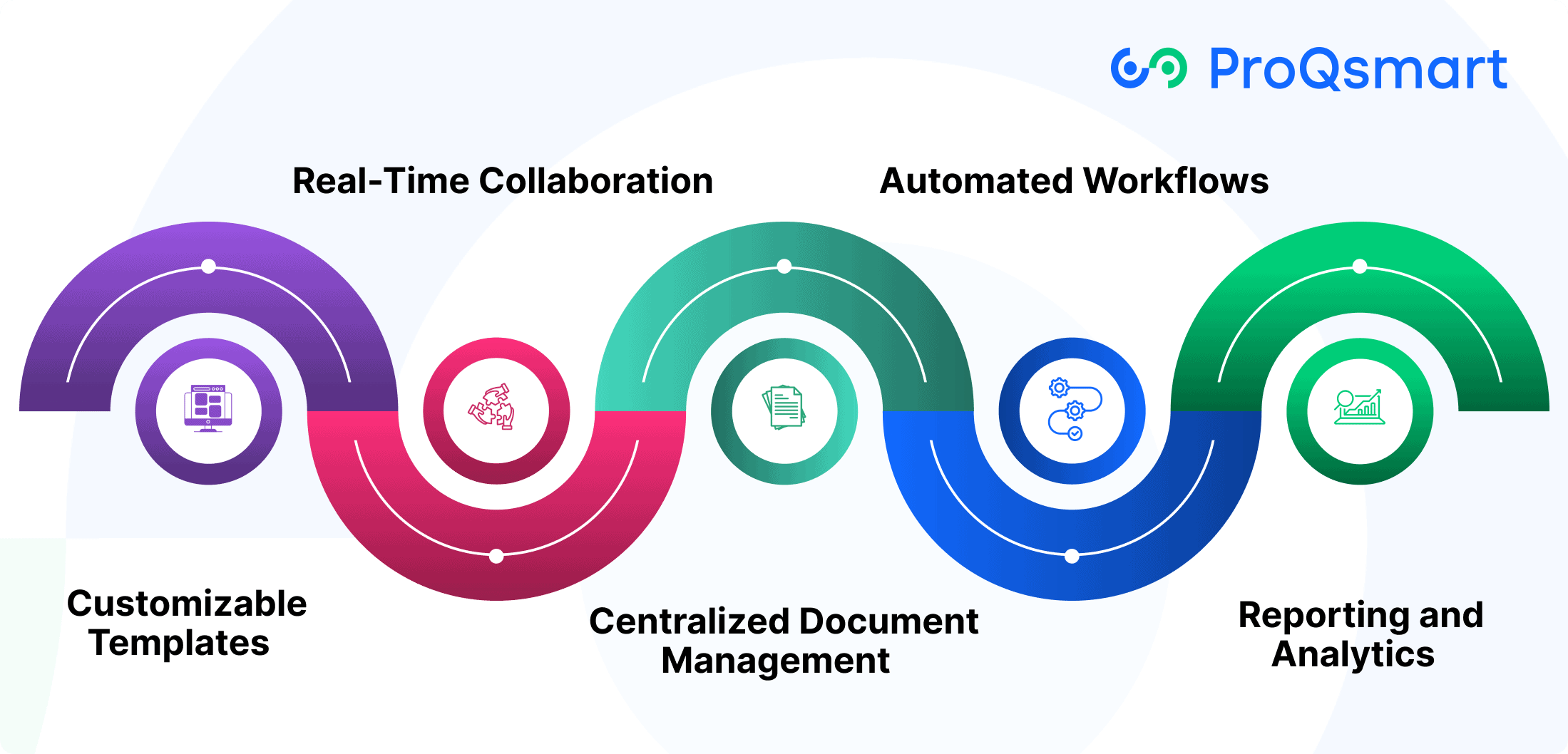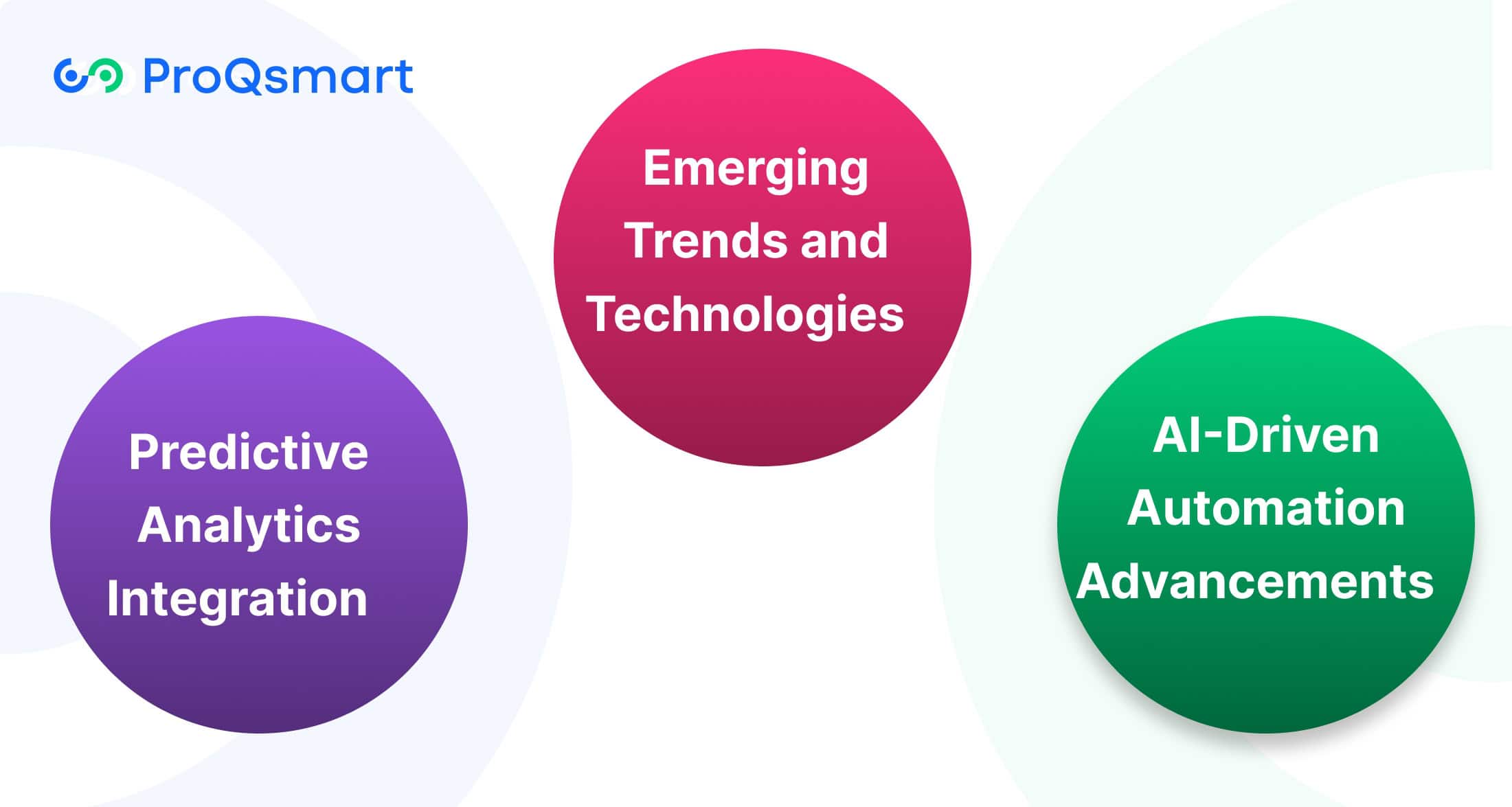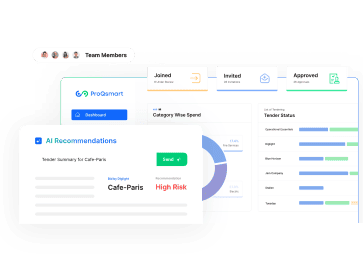Effective bid management is more than just a process—it’s a strategic advantage. Crafting compelling proposals, managing submissions, and ensuring compliance with client requirements are critical for winning contracts. However, the complexity of coordinating resources, aligning with deadlines, and maintaining quality can overwhelm even the most experienced teams.
A well-structured bid management strategy not only saves time but also minimizes costly errors and increases the likelihood of securing contracts. By focusing on clear communication, accurate cost estimation, and thorough documentation, organizations can enhance their chances of success in competitive bidding environments.
With advancements in bid management tools, this process has become more efficient and collaborative. Modern software solutions provide features like real-time tracking, automated workflows, and performance analytics that simplify proposal creation and submission. These tools enable organizations to align their priorities with market needs while fostering continuous improvement.
This article explores how bid management tools streamline proposal creation and submission, offering insights into their key features, benefits, and the opportunities they unlock for procurement professionals.
What is Bid Management?
True bid management means proactively managing, developing, organizing, and delivering high-quality proposals. It goes doubly for Requests for Proposals (RFPs) and tenders.
It’s the culmination of a focused and strategic set of actions that are meant to showcase a creative yet compliant approach that fulfills your potential client’s needs. Bid management is about matching each component of a bid—technical, financial, and operational.
It’s this alignment that provides the competitive edge. With a methodical approach, companies improve their odds of winning contracts, increasing revenue and prosperity in the process.
Key Components of Bid Management
- Effective bid management relies on several critical components. Defining team roles—such as bid managers, writers, and subject matter experts—ensures accountability and clarity throughout the process.
- Timelines and resource allocation are equally vital to keep the bid on track and prevent last-minute complications. Involving stakeholders, from procurement to legal teams, fosters collaboration and ensures all perspectives are considered.
- A comprehensive bid submission requires key documents such as executive summaries, technical proposals, pricing breakdowns, compliance certifications, and risk assessments.
Bid Management’s Strategic Importance
Bids are the ground zero for accomplishing business goals—and strategically managing them is where the magic happens. In addition to increasing win rates with a correctly executed bid strategy, market positioning improves in the process.
Setting bids to reflect long-term priorities helps target limited resources towards the opportunities that will provide the most enduring benefit. Solutions such as ProQsmart make e-tendering easier, automating workflows to improve supplier collaboration while keeping the process streamlined and efficient.
By investing in smart strategies and innovative tools, businesses will be better positioned for sustainable success.
Assess Bid/No Bid Decisions

Organizations often lack a systematic bid management process for determining bid/no bid. This allows them to focus their resources on managing bids where they will be most competitive and win the most profitable contracts. By evaluating opportunities systematically, bid managers can minimize risks, improve success rates, and focus on bids that align with strategic priorities.
1. Evaluate Project Suitability
Determining the right fit for a project starts with knowing what’s needed and comparing that to your organization’s fundamental strengths and assets. Important considerations are the breadth of the project, technical requirements, schedule, and fit with your areas of specialty.
A checklist could include:
- Alignment with organizational goals
- Feasibility of meeting deadlines
- Technical and regulatory requirements
For example, a construction company that primarily focuses on residential building could decide to bid big on an industrial project. This decision comes from an understandable desire to align with its portfolio.
2. Analyze Resource Availability
Resource constraints are the biggest factor by far. Consider workforce, budget, and time commitments. A bullet list of required resources might include:
- Skilled personnel
- Equipment availability
- Financial reserves
For example, overcommitting personnel risks delayed delivery of the project or reduced project quality. ProQsmart’s E-tenders and budget-driven procurement tools create a more manageable resource planning process while keeping procurement efforts in line with budgetary objectives.
3. Assess Competitive Landscape
Doing your research on the competition will help you hone in on bid strategy. Consider their proposed pricing, level of experience, and presence in the market.
A simple table could help them compare competitors’ past performance and make smart strategic changes.
4. Determine Profitability Potential
Profit margins are a cornerstone of decision-making for bid managers. Evaluate costs, pricing strategies, and potential ROI in the bidding process.
- Estimated profit margin
- Break-even analysis
- Long-term revenue projections
5. Review Risk Factors
Consider potential risks in the bidding process, such as financial impact or operational constraints, and develop risk management strategies like contingency planning.
6. Align with Business Strategy
Encourage bids that focus on your strategic goals, such as increasing market penetration and enhancing bid management skills.
7. Document Decision Rationale
Maintaining a written record simplifies the bid planning process for future projects. Utilizing templates standardizes the bidding process, enhancing the bid management skills of the team.
8. Communicate the Decision
Being open and honest with stakeholders—communities, agencies, legislators—creates loyalty and trust, which is essential for successful bid management skills. Communicate decisions to all affected stakeholders quickly to ensure effective bid strategy implementation.
9. Track and Analyze Outcomes
Keep track of bid results to adjust bid strategy. ProQsmart’s supplier performance monitoring ensures you’re able to monitor outcomes effectively.
10. Refine Decision-Making Process
Refine your decision-making process by continuously gathering feedback and learning from previous bids. This iterative approach helps identify areas for improvement and optimize future bid management skills. By embracing lessons learned, you can enhance the effectiveness and efficiency of your bid strategy over time.
How Bid Management Tools Impacts on Proposal Creation and Submission
Let’s take a look at how bid management tools help demystify and streamline the intricacies of creating and submitting an RFQ/RFP-winning proposal. The beauty of these tools is that they automate repetitive tasks and push all the information to a centralized source. This enhances collaboration, helping every winning proposal be built quickly, accurately, and strategically.
They help organizations prioritize value-driven work so they can work efficiently and effectively and win more bids, faster.
Automation and Time Savings
With automation doing most of the heavy lifting, teams can be more productive while saving time and labor costs. You make data collection easier, speed up the formatting of proposals, and track submissions. This improved productivity allows you to spend your precious hours on developing strategy and consulting with clients.
Automated workflows further reduce time loss, so proposals are submitted long before due dates.
- Data collection and organization
- Proposal template application
- Submission tracking and deadline reminders
Improved Proposal Quality
At their core, bid management tools raise the quality of every proposal through guided templates and extensive best practices. Elements such as incorporated compliance requirements and serious formatting support produce clean, expert submissions that have an effect on consumers.
Well-researched, polished, and responsive proposals don’t just deliver credibility to your clients—they deliver an elevated win rate.
- Standardized templates
- Built-in compliance checks
- Professional formatting tools
Reduced Manual Errors
You know how important accuracy is in bid submissions. Bid management tools help eliminate costly mistakes, including miscalculating project costs and failing to document bid compliance, which can lead to disqualification from consideration.
Automation provides a level of consistency when working on several different proposals and submissions.
- Calculation errors
- Document inconsistencies
- Missing compliance details
Enhanced Collaboration
These bid management tools promote efficient collaboration by providing features such as real-time communication and shared access to bid documents. Your bid team can collaborate seamlessly, no matter where they are, keeping everyone on the same page during the entire bidding process.
- Real-time updates
- Role-specific access controls
- Version tracking
Centralized Information Access
With a centralized repository, version control becomes much simpler, eliminating the daunting chances of lost files and boosting productivity through easier access. Teams have instant knowledge of critical document information, allowing them to streamline each stage of the bid process.
- Proposal drafts
- Supporting documents
- Historical bid data
ProQsmart, our AI-driven platform, combines all of these features to automate workflows, improve collaboration, enforce compliance, and more.
Key Features of Bid Management Tools

Bid management tools are a must-have for any organization looking to streamline, improve, and make the most out of the bidding process. ProQsmart includes other smart features that greatly increase productivity. It further promotes increased collaboration, improves compliance, and leads to better decision-making.
Here, we identify key features that make for efficient workflows and impactful results.
Customizable Templates
Customizable templates are one of the most powerful features behind keeping your brand’s proposals consistent, professional, and on-brand. They maximize time and effort with pre-developed templates, which users can customize to individual project needs.
Standardized templates keep every proposal on-brand and compliant, so they’re not likely to introduce problematic variables or human error everywhere. Key elements to include in templates are:
- Standardized sections for project scope and deliverables
- Pre-defined pricing tables and cost breakdowns
- Legal and compliance disclaimers
Real-Time Collaboration
Tools supporting real-time collaboration include bid management software that enhances the bidding process and facilitates effective communication among bid managers and stakeholders.
- Shared dashboards for bid tracking
- Messaging and file-sharing integrations
- Version control to prevent overlaps
Centralized Document Management
A centralized document management system is essential for bid managers as it helps keep files in one source-of-truth location, avoiding problems with version control or lost bid documents.
- Categorized storage for quick retrieval
- Permissions for secure access
- Integration with project management tools
Automated Workflows
Automated workflows to manage repetitive processes, from creation all the way through submission, make everyone’s life easier. Automating approvals and task assignments increases efficiency, while reducing the risk of errors.
Stages that benefit include:
- Initial bid request distribution
- Approval routing and deadline tracking
- Submission notifications
Reporting and Analytics
Powerful reporting tools give you complete visibility into the performance of every bid, allowing you to regularly refine your strategies. By tracking such metrics as win rates and response times on bids, better decisions can be made.
Key metrics to monitor include:
- Submission success rates
- Average processing time
- Cost versus budget alignment
Optimizing Bid Management Strategies
Optimizing bid management strategies are key to successful navigators through today’s hyper-competitive procurement climates. With every iteration, you can achieve more impactful results, all while staying in lockstep with your organizational goals.
This takes a delicate dance of performance measurement, channel-specific strategies, budget reallocation and utilizing complex technologies.
Monitor Key Performance Indicators (KPIs)
The first step to know if your bid management strategies are successful is to track the right KPIs. These indicators will give you actionable insights into where to improve and help keep your strategies data-driven.
- Win Rate: Tracks the percentage of successful bids to total submissions.
- Measures the time taken to complete the bid process.
- Cost Per Bid: Evaluates the resources spent on each submission.
- Compliance Rate: Assesses adherence to bid requirements and regulations.
On a recurring basis, analyzing these connected metrics helps make sure your efforts are laser-focused and constantly improving.
Tailor Strategies by Platform
Submission platforms aren’t all created equal in terms of functionality and basic requirements. Developing a tailored bid strategy per platform is crucial to maximizing your success rate.
- Understand platform-specific guidelines and submission formats.
- Adjust timelines to accommodate platform deadlines and workflows.
- Leverage tools provided by platforms for analytics and feedback.
Adapt to Budget Constraints
Budget constraints are a reality that always influence bid management strategies. Aligning your bids with your budgetary constraints ensures that resources are allocated sensibly, while still delivering high-quality bid documents.
- Prioritize bids with high ROI potential.
- Set tiered pricing strategies to maximize flexibility.
- Optimize resource use to reduce unnecessary costs.
The Future of Bid Management

The landscape of bid management is going through a huge sea-change powered by technology and changing industry needs. Organizations are adjusting to a new post-pandemic reality. With them, bid managers need to become more agile and proactive, wielding powerful digital tools and data-driven strategies to gain a competitive edge.
The acceleration of remote work has reshaped collaboration, demanding adaptability and a focus on leveraging technology to streamline processes.
Emerging Trends and Technologies
Technologies shaping the bidding process include advanced bid management tools that enhance the bid planning process, allowing bid managers to effectively manage bids and meet client needs.
- Cloud-based collaboration tools for remote work efficiency
- Advanced analytics for data-driven decision-making
- Digital platforms for streamlined document management
AI-Driven Automation Advancements
AI-driven automation is further transforming bid management by greatly lessening time-consuming manual processes and increasing accuracy. AI will improve the creation of proposals by analyzing requirements and recommending the best responses, which leads to time savings and greater accuracy.
Features transforming bid systems include:
- Real-time data analysis for informed decision-making
- Automated compliance checks for regulatory alignment
- Predictive text generation for proposal development
Predictive Analytics Integration
Predictive analytics is a true game-changer, providing data-driven insights into the probability of bid success and helping firms to optimize their bidding strategies. By predicting patterns and trends, these analysis tools make it easier to make informed decisions on the best use of resources.
Relevant tools include:
- Forecasting software for bid outcome prediction
- Market trend analysis tools
- Competitive intelligence platforms
Conclusion
Bid management is an important step in determining the direction and success of procurement efforts. So it’s an essential ingredient for making smarter decisions, crafting better informed, more competitive proposals, and winning competitive markets. By leveraging these tools and strategies correctly, you can streamline processes, reduce risk, and increase success. Enhanced features such as tracking deadlines, automating submissions, and analyzing data provide you with a significant advantage when it comes to managing winning bids.
The future of bid management definitely looks towards tech advancements. Now, technologies such as AI and advanced analytics are shaking up the status quo, providing streamlined solutions that are faster, more efficient and more accurate. Staying updated and adaptable ensures long-term growth.
Ready to take your bid management process to the next level? Book a demo with ProQsmart today and discover how ProQsmart’s innovative solutions can help you streamline workflows, reduce risks, and achieve your business goals.


